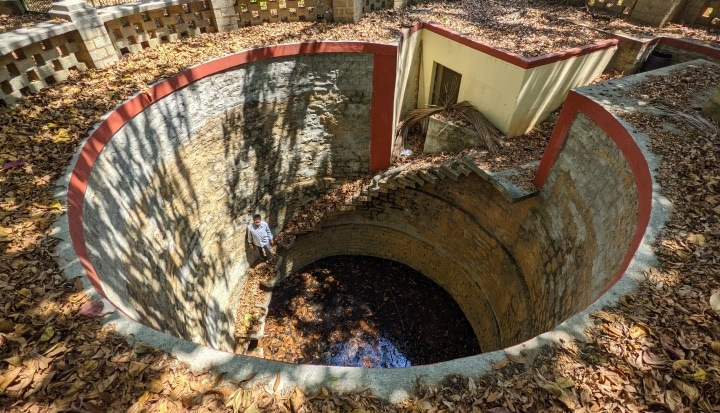Eight of the ten most severe global risks identified over the next ten years are related to environmental and societal risks, according to the World Economic Forum’s Global Risks Report 2022. Of these, the five environmental related risks are climate action failure, extreme weather events, biodiversity loss, environmental damage and natural resource crises (which include food and water). Developing and low-income countries will be particularly severely impacted due to their lack of various capacities. Wipro is committed to integrating a climate justice posture across our sustainability work. Wipro is also one of the few global companies majority-owned by a trust–66% of our profits go to charitable work through the Azim Premji Foundation—which further enables and fosters in-depth engagement with local communities through the lens of climate justice.
For these reasons and more, Wipro is also deeply focused on a just transition to renewable energy in India, particularly since more than 20 million people have jobs directly tied to fossil fuels, many of whom are low-income and historically disadvantaged. The economic and social disruption of this transition must be mitigated as much as possible to minimize hardship to those communities, many of whom are already suffering due to climate change.
To facilitate long-term change, Wipro enters communities as partners, not experts. Active listening and building understanding are key components of driving impact and building trust with stakeholders, without whom the transition to decarbonized patterns of consumption and development would not be possible. Strong partnerships with stakeholders and external organizations are a key aspect of our strategy, as this allows us to build capacity and develop innovative solutions related to resilience, equity, resource management, and renewable energy in a highly collaborative fashion.
For example, Wipro has worked with water-stressed communities in regions near its operations where there is high dependence on informal water sources. Wipro brings a science-based understanding of water that enables these communities to become more efficient, resilient and sanitary in their water usage.
Supporting increased dialogue and knowledge sharing is also critical, which is why Wipro initiated the Bangalore Sustainability Forum, a platform of organizations in the city where its headquarters are located. The Forum provides a space for deliberations and dialogues on urban sustainability issues, and supports collaborative community grant projects in areas like climate change, water and biodiversity.
Wipro also sees an important role in building capacity and skills across future generations to ensure that the collective commitment and ability to address climate change continues to grow. Eleven years ago, Wipro created the largest environment education program in India, Wipro earthian, which has engaged with schools and colleges across India developing environmental education curriculums, programs and internships. To date, more than one million students and thousands of teachers from more than 55,000 schools have participated.
To ensure that we continue to maximize our impact, Wipro constantly evaluates its activities for impact and efficacy. In some cases, such as those directly linked to its business operations, this can be straightforward, but for systemic social and environmental issues, outcomes may occur over years or even decades across communities. It is thus critical to engage over the long-term and partner with local authorities where possible, and to both keep an eye on the effectiveness of our activities and also to help stakeholders recalibrate their activities when necessary.
To further support and inform ongoing impact, Wipro maintains a repository of case studies, user guides and project analyses that collectively constitute key learnings from our community work.
As a Founding Member of Transform to Net Zero, Wipro is pleased to contribute to the Climate Justice Transformation Guide published this week, where member companies have shared their unique experiences in beginning to integrate a climate justice perspective into their businesses.
Download your copy of the Climate Justice Transformation Guide here










